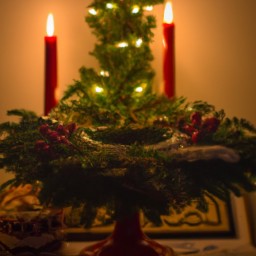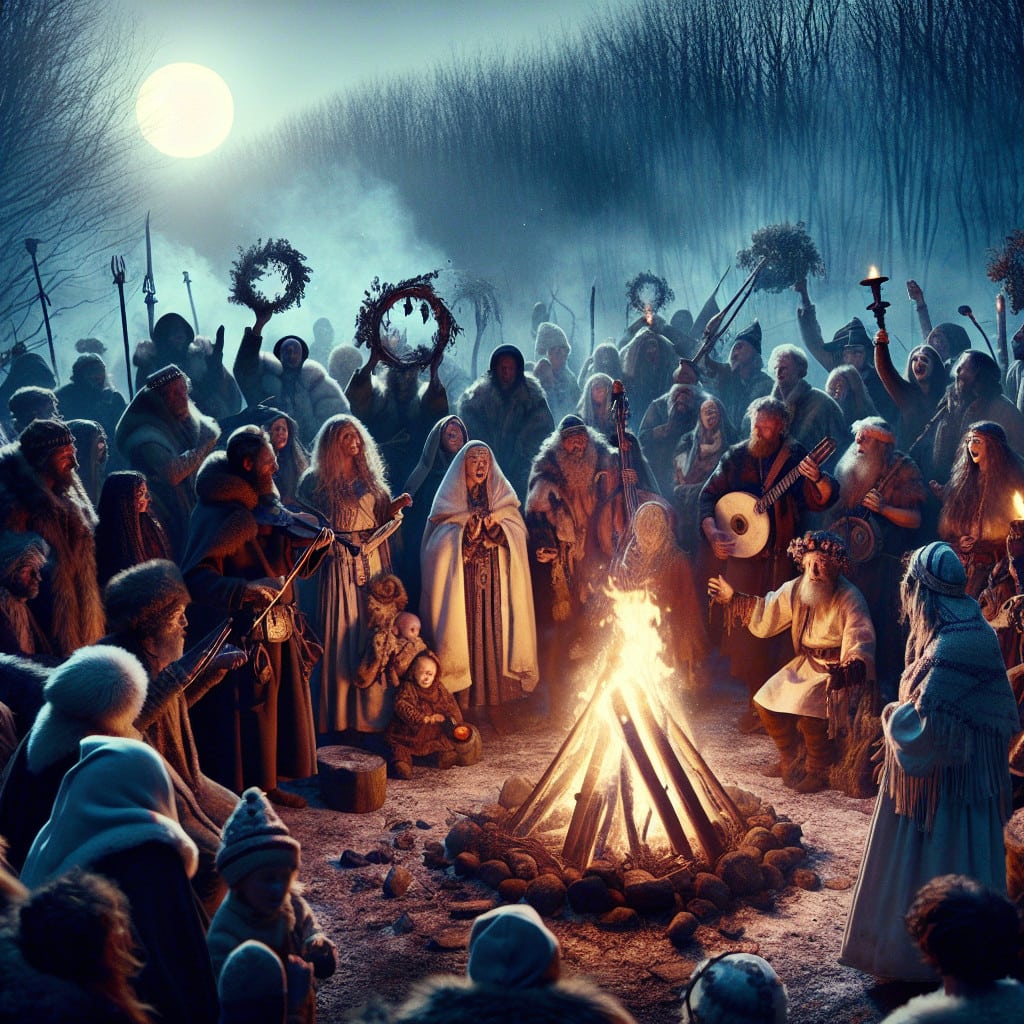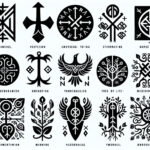Christmas is a holiday celebrated around the world on December 25th, but its origin lies in a pagan tradition that predates the modern celebration. This article will explore the pagan roots of Christmas and how it has evolved into the holiday we know today. From celebrations of the winter solstice to the modern Santa Claus, we will examine the history and customs of this beloved holiday. We will also delve into the religious and cultural significance of Christmas and why it is still celebrated by many around the world.

Christmas has long been celebrated as a time of joy and festivity, but its origins are rooted in pagan traditions. Many of the customs and traditions associated with Christmas have their origins in pre-Christian, pagan beliefs and celebrations. From the traditional decorations to the food and festivities, there are numerous pagan traditions that have been integrated into the modern-day celebration of Christmas.
What Are Pagan Traditions?
Paganism is an umbrella term for a variety of ancient, pre-Christian religious beliefs. Pagan traditions typically focus on the worship of nature, the seasonality of the environment, and the cycles of life and death. It is believed that these beliefs and rituals were practiced by many cultures throughout the world, including the Celts, Norse, Romans, and Greeks.
How Did Pagan Traditions Influence Christmas Celebrations?
Pagan traditions have had a significant impact on the way we celebrate Christmas today. Many of the decorations, symbols, and customs associated with Christmas have their origins in pre-Christian pagan beliefs and rituals.
What Are Some Examples of Pagan Traditions That Are Still Celebrated at Christmas?
One of the most iconic symbols of Christmas is the Christmas tree. Decorated evergreen trees have been a part of winter solstice celebrations since ancient times. The Druids and Celts believed that evergreen trees were a sign of life and renewal, and the Romans used evergreen branches to decorate their homes during the Saturnalia festival.
The tradition of hanging mistletoe is also rooted in pagan beliefs. The Druids believed that mistletoe possessed magical powers, and it was used to ward off evil spirits.
Yule logs and Christmas wreaths also have their origins in pagan customs. Yule logs were traditionally burned as part of the winter solstice celebration, and Christmas wreaths were used to symbolize the cycle of life and death.
What Are Some Other Pagan Traditions That Have Been Integrated Into Christmas Celebrations?
The traditional Christmas colors of red and green are also rooted in pagan traditions. Red was associated with the winter solstice celebration, and green was a symbol of fertility and renewal.
The exchanging of gifts is another common Christmas tradition with roots in pagan customs. Ancient cultures believed that exchanging gifts would bring good luck and prosperity.
Caroling is also believed to have its origins in pagan customs. Ancient cultures used to go door-to-door singing and chanting in order to bring good luck and prosperity.
Conclusion
Christmas has long been celebrated as a time of joy and festivity, but its roots are firmly planted in pagan traditions. From the decorations to the food and festivities, there are numerous pagan traditions that have been integrated into the modern-day celebration of Christmas. While some of these traditions may seem strange and unfamiliar, they offer an interesting insight into the history of Christmas and the pagan beliefs that have had a significant influence on the way we celebrate today.

Christmas is an incredibly important holiday for many people worldwide, and its roots as a pagan holiday should not be forgotten. It is a time of joy, celebration, and togetherness that has been celebrated for centuries, and is a reminder of our shared human experience. The symbols of the holiday – the evergreen tree, the lights, and the decorations – are all rooted in pagan traditions, and are a reminder of the importance of nature, of light, and of community. Christmas is a time of giving, of love, and of hope, and its pagan origins are a reminder of the power of tradition, and of the strength of our collective spirit. Christmas is a holiday that has been celebrated for centuries, and its pagan roots are a reminder of the importance of tradition, of nature, and of community.





